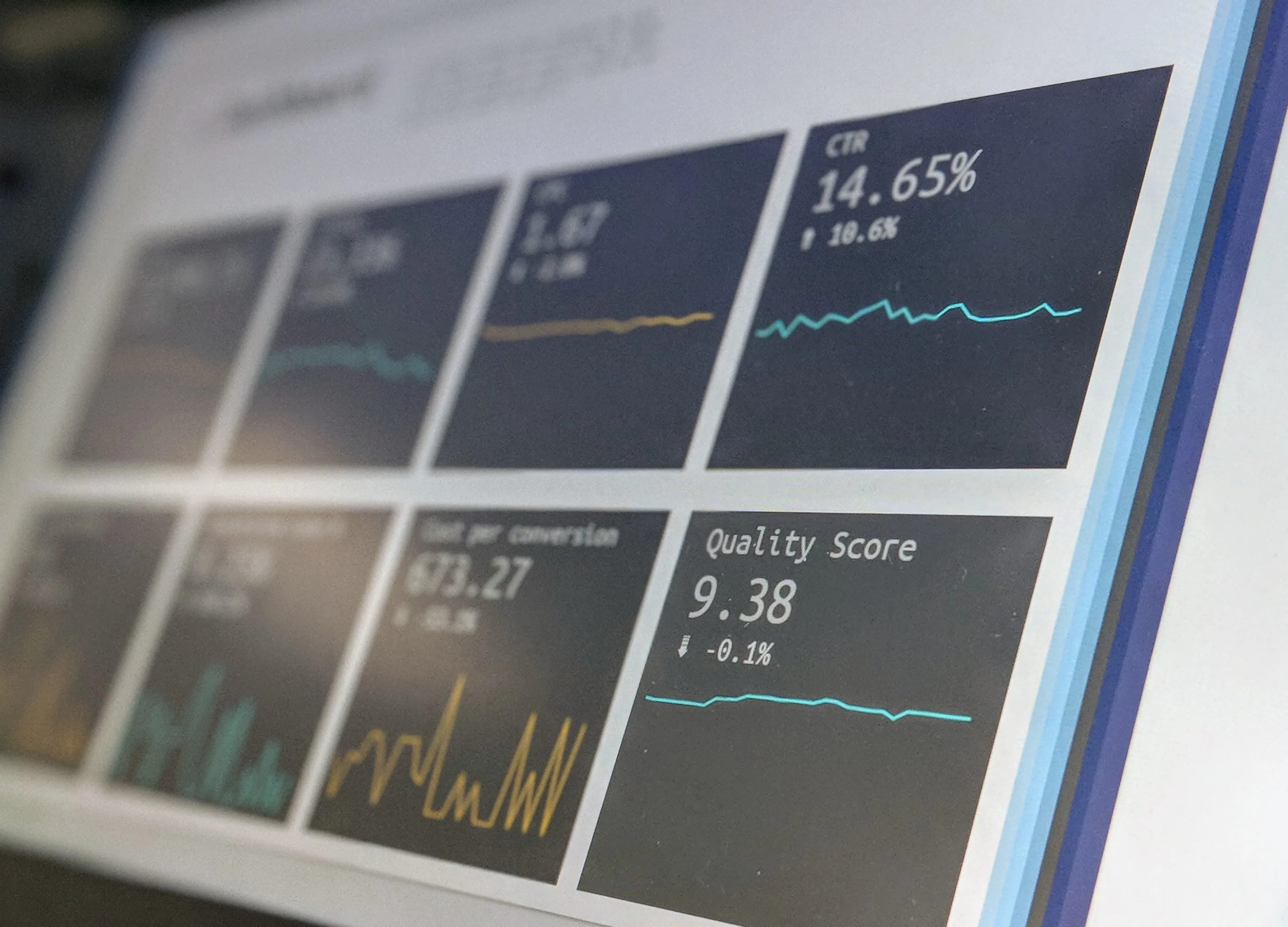Top 6 ways to avoid cash flow issues in the company

To run a business smoothly, pay attention to your "CASH FLOW". Typically, a cash flow reflects the money that drives in and drains out of your business. Every business struggles to keep its cash flow optimal, but few can do so. Many businesses get closed within a few years of their initial level. Why? Mostly cash burn.
According to the data revealed by the U.S. Bank study, 82% of business failures result from poor cash management.
The failure results are nearly the same in India. Most businesses, generally small businesses, cripple by cash flow issues. For that reason, they borrow money from lenders and banks, eventually resulting in a downfall. Due to a poor cash flow, a business faces many issues in their day-to-day operations, such as delays in paying salaries on time, outstanding bills, unable to meet customers' demands on time, and not having sufficient money to pay back their suppliers. But why is your cash flow showing red flags? There are tons of reasons, including
● Low profit,
● Poor stock management,
● Seasonal fluctuations,
● High payment gaps,
● Late receivables,
● Rapid expansions,
● Not performing forecasting,
● Lack of budget and financial plan
However, you can avoid these cash flow issues by considering the following factors:
1. Get a firm grip on your financials:
Focusing only on the revenue-generating sectors will not yield positive cash flow. Look at the areas draining your money or where you can save cost. First, look at your pockets, then prepare your budget plan. 7 out of 10 businesses face downfall due to poor cash flow management. A budget plan or cash flow statement will allow you to identify the areas you can cut costs. Think before buying new equipment or advanced technology; is it essential, or can you manage without it.
Reduce your high overhead expenses such as internet bills, premises rent, utility bills, and other services that have cheaper replacements. Cancel all the services and subscriptions that you no longer use. These can save money for things you need.
2. Forecast your cash position:
forecasting cash flow prepares your business to stand still; in crisis. You can't predict where the arrow will come from, but you can use a shield to avoid it. Forecasting is like a shield that can prepare you for the upcoming risk; that can shake your business finances.
Accurate and timely forecasting gives you an insight into the areas; worth spending, saving costs and investing your money in. Forecasting helps track your outgoing cash, monitor late payments, and spot the potential cash gaps to make smart and informed decisions. A well-informed decision contributes to business growth. Comparing your real-time Cash flow data with the estimated data can help you spot the loose ends and areas that need attention.
3. Reduce payment gaps:
Delay in payments and uncontrolled credit can result in several cash flow issues.
According to the Working Capital Outlook Survey conducted in 2017, around 28% of SMEs worldwide struggle with late payment issues.
You cannot afford late payments because there are things; you need cash for, such as monthly rent, supplier payments, utility bills, insurance premiums, employees' salaries, and many others. Delay in payments disrupts the business operations and leaves you empty-handed at last. For instance, a customer takes 60 days for payment, and you have to pay your suppliers monthly. What will you do?
These can create a huge mess later.
● Generate quick invoices when a customer opts for your service.
● Offer discounts on cash or quick payments to improve your receivables.
● Adopt digital payment methods for customers' convenience.
● Charging little interest on late payments can also help.
● Negotiate with your suppliers to acquire more time for payment.
4. Inventory management:
Managing your inventory is key to avoiding cash flow issues. Many companies, to save money, cut inventory management costs. Here they lose the game. Poor inventory management can be overwhelming.
What if you run out of stocks and are unable to meet customers' demands? What if you overstock and are unable to turn it into cash?
An accurate and updated Inventory management gives you insight into the products that are not generating sales, how much stock you need, and the shortage of stock beforehand to maintain balance in every aspect of your business.
5. Prepare for unforeseen expenses: Who knows what the future holds for us? What if some unexpected expenses pop up surprisingly and you run out of cash to accommodate them. You may face equipment breakdown and machine failure, increasing competition, an employee's death, a customer refusing to pay, lockdown, and seasonal fluctuations. Get ready in advance to face any uncertainty.
According to Statista, post-covid-19 around; 81%companies reported decreased cash flow in their organization.
This outbreak shook all the businesses to the core.
However, you can survive these uncertainties by making room for reserved cash in your budget plan. Reserve cash that is enough to operate your business for; 6 months. Maintain a clean line of credit and create a positive image among creditors. So when such situations arise, you can easily get credit, business loans, and funds and negotiate terms with suppliers.
6. Rapid Expansion:
Sometimes growth can be overwhelming. You received a big order, congratulations. But do you have enough resources to fulfill that order? Even big deals can create huge payment gaps. For instance, Your customer will pay you next month while you don't have money to pay your suppliers.
Don't rush in stretching your business operations without a full-proof plan and enough cash in your bank account. For instance, you might be thinking about opening a new branch while your current business is not doing great. Such decisions can vanish your cash, and the worst scenario, leave you insolvent.
Look into your cash flow forecasts, budget, and financial plan to make an informed decision. Do not borrow money for your business expansion. Once it starts, it will end with your business closure. So, expand your business smoothly to achieve sustainable growth.
Wrapping up:
Managing your cash flow is indeed essential. A positive cash flow heads your business towards success; on the contrary, it may result in downfall or insolvency. Get prepared in advance before these issues take the worst turn. Poor cash management can open the doors to downfall.



